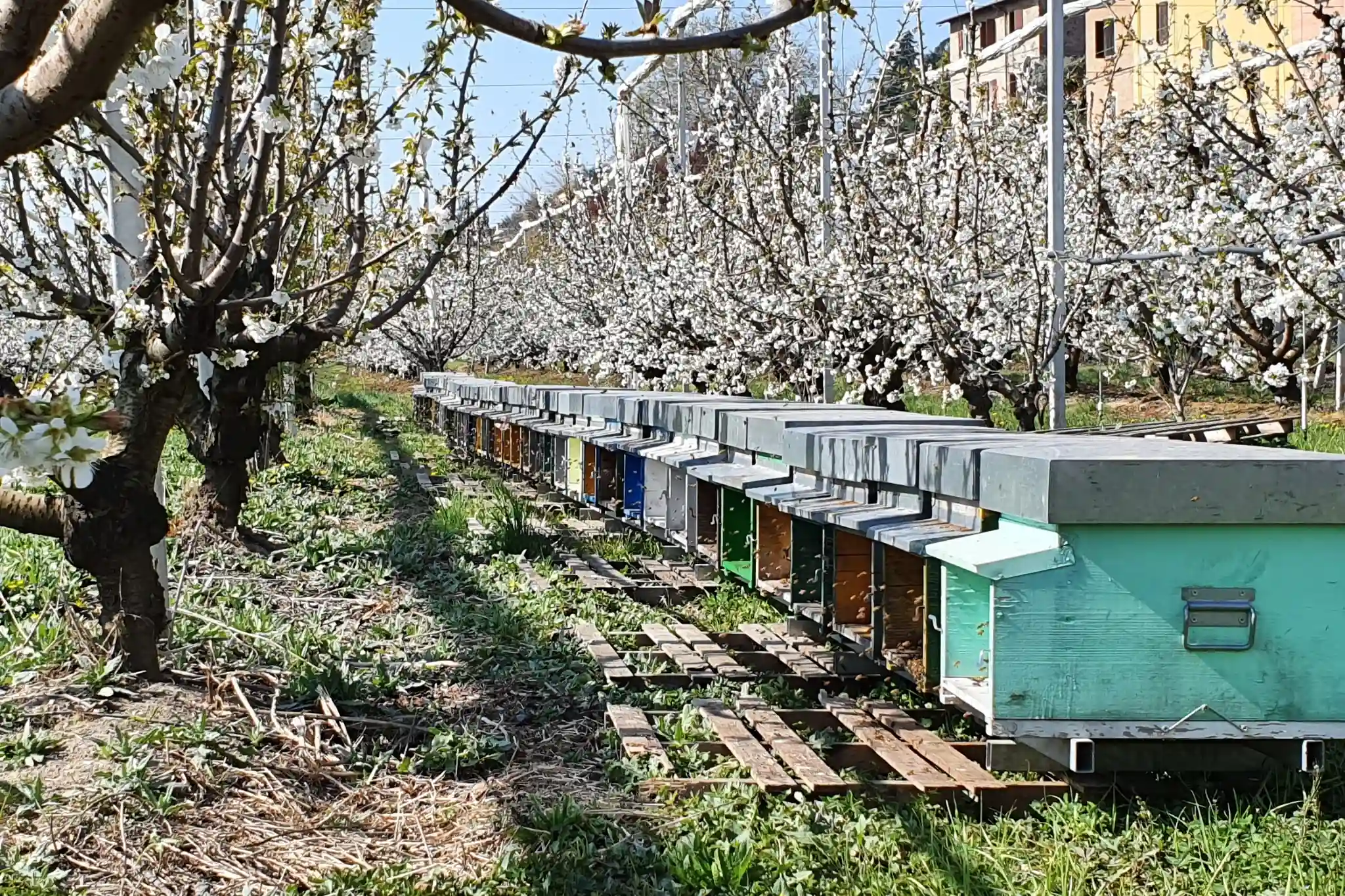On Thursday, April 25th, Chile became the global center for cherries. Over 1,400 participants from various sectors of the national and international industry gathered at the Monticello Events Center in Santiago to celebrate the fifth edition of the Global Cherry Summit.
Organized by Yentzen Group and the Chilean Committee for Fruit Cherries (formerly ASOEX), the event has become the world's most important gathering on cherries, with a large delegation from China participating, including the Chinese ambassador to Chile, Niu Qingbao.
National and international speakers shared various topics with attendees, including the analysis of the Chilean cherry market, climate projections for the 2024-2025 period, the current market scenario in China and its challenges, as well as strategies from the New Zealand giant Zespri.
Similarly, brand recall in the Asian giant has risen from 73% to 84%. "Today, no one can deny that Chile in China is more recognized thanks to our 'ambassador', the cherry," it was declared. It was also emphasized that the number of exporters has increased from seven - producing over 100 containers - to more than 50. It was also highlighted that the relationship between public and private sectors has improved.
Furthermore, the public-private partnership was emphasized, for example with SAG, which has served the industry regarding phytosanitary issues and the development of online inspections, improving efficiency and reducing packing/shipping times.
"In the past, direct shipments were made to two Chinese ports, while in the last two seasons, it was seven," it was specified.
Among the challenges, Tagle indicated that the industry must continue to work on phytosanitary issues, safeguarding the frontier in a public-private alliance: "We must understand that a business initiative, no matter how bold it may be, that jeopardizes the health security of the industry in markets, compromises the future of a specific industry."
At the same time, it was commented that changes in population - highs and lows - must be taken into account, and therefore the number of consumers.
"In the case of China, it is predicted that the population may decrease in the next decade, but what is clear is that the new consumer we will have to supply will have more purchasing power, more knowledge to choose what to buy, and, in this scenario, producing high-quality cherries, consistently and with sustainability in mind, is something fundamental," it was concluded.
Source: Martinez&Valdivieso
Image: Global Cherry Summit
Cherry Times - All rights reserved










